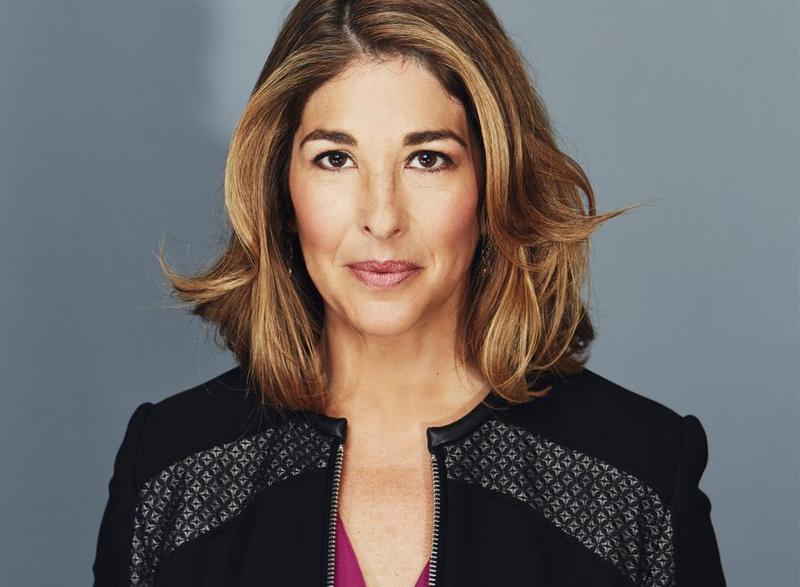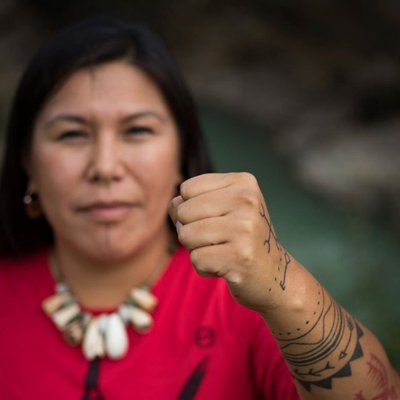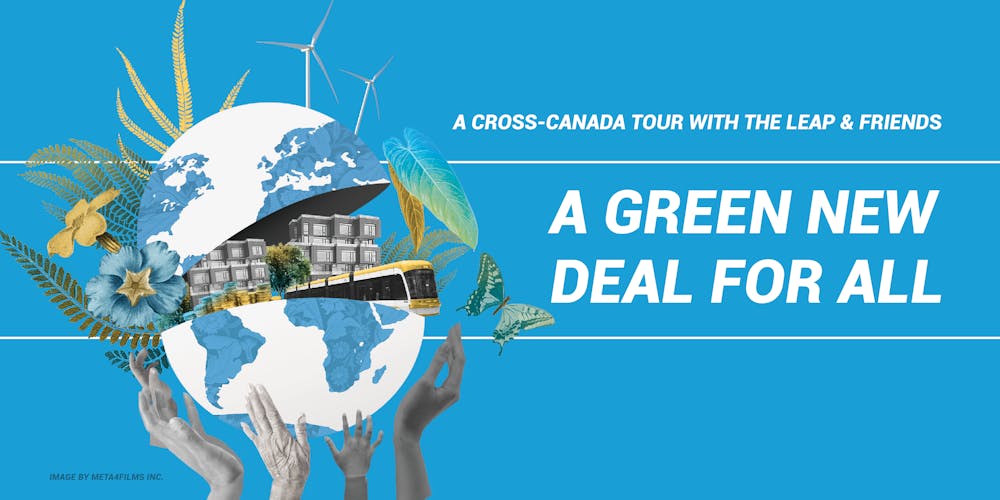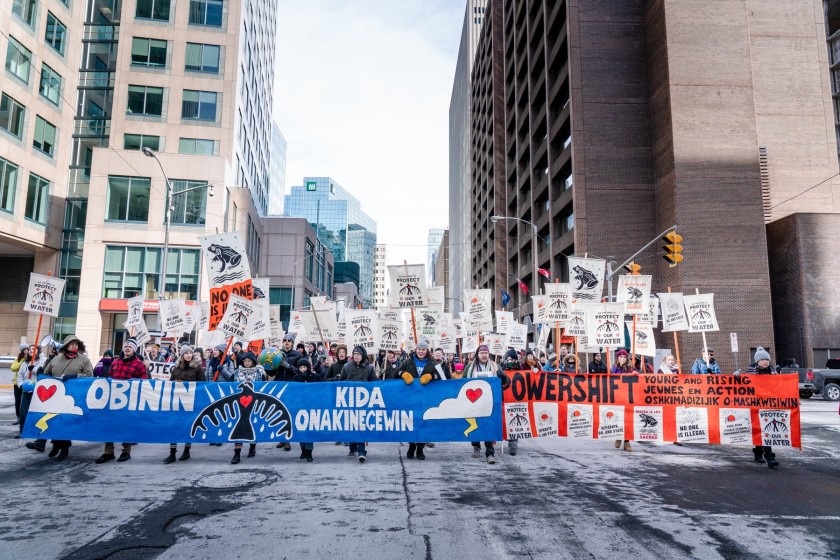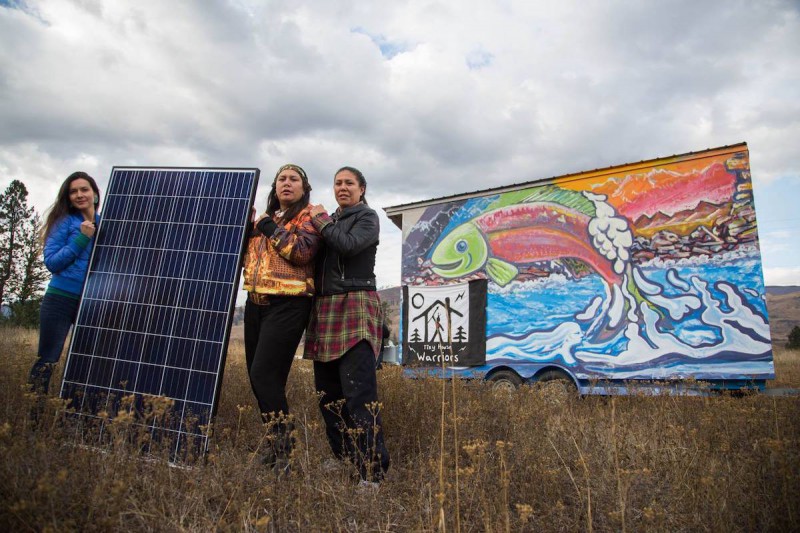
Tiny House Warriors install solar panels. Photo via Tiny House Warriors’ Facebook page.
It’s Monday in the colonial state; Canada enters its 152nd year.
It’s been barely two weeks since the federal government released Reclaiming Power and Place: The Final Report of the National Inquiry into Missing and Murdered Indigenous Women and Girls.The chief commissioner has said that the homicides, disappearances, and violence experienced by Indigenous women, girls, and 2SLGBTQQIA people are the result of a “persistent and deliberate pattern of systemic racial and gendered human and Indigenous-rights violations and abuses, perpetuated historically and maintained today by the Canadian state, designed to displace Indigenous people from their lands, social structures and governments, and to eradicate their existence as nations, communities, families and individuals.” She named it Canada’s genocide. And yet, amid an admission of genocide, the colonial project continues apace; its existence met with celebration for another year.
Survivors of violence and family members of missing and murdered Indigenous women have put together a deeply researched report with a tangible set of actions. Activists, media, and communities must now insist upon the implementation of the report’s 231 Calls for Justice – supporting survivors, family members, and Indigenous peoples in overcoming the disinterest and dismissal of the Canadian public.
And yet, amid an admission of genocide, the colonial project continues apace; its existence met with celebration for another year.
I have come to realize that ignorance and apathy amongst Canadians should be expected, but not tolerated. Settler colonialism relies on indifference, reinforced by myths that protect the settler state from critical examination. When critical examination is undertaken, like in Reclaiming Power and Place, the true nature of the state is revealed. Canada is a project with the deliberate aim of destroying Indigenous nations in order to assert control over Indigenous lands, waters, and peoples. Poor health outcomes, criminalization, and violence that exist in Indigenous communities are not the symptoms of peoples who have failed to modernize, nor can they be dismissed as the inevitable consequence of competing ways of life.
With this in mind, it becomes clearer why settler governments are willing to include Indigenous women in decision-making in some areas, but not others.
Federal, provincial, and territorial governments have been willing to cede control – financial responsibility and liability – over the design and delivery of services through legislation that does not include a statutory requirement for funding. These services, which include language restoration and child welfare, are crucial components to ending violence against Indigenous women, girls, and 2SLGBTQQIA people. They address multi-generational issues that vary from family to family based on those families’ particular experiences and interactions with structural racism and settler colonialism. Overcoming these issues requires a multi-year effort, if not a lifelong commitment. These programs are costly to administer and critically important to the survival of Indigenous peoples. As a result, communities who assert their jurisdiction in these areas take on massive amounts of liability and financial burden, alleviating the Crown of that responsibility.
What you are not likely to see is policy-making that cedes decision-making and financial control to Indigenous women in areas where it would impact the accumulation of capital from Indigenous lands – like in the decision to twin the Trans Mountain pipeline. (I know you’re thinking about the few chiefs – mostly men – who, without clear community support, suggest their communities may want to share ownership and profit of the project. To that, I say: I said what I said.)
This includes the right to survival, to say no, and to determine for ourselves and our communities the best way to protect waters, lands, and children.
But having Indigenous women at the table is not enough. We have seen how damaging it can be when colonial oppression is internalized and perpetuated, through lateral violence and toxicity,by Indigenous women themselves. Each of us, including Indigenous people, must critically examine our own role in upholding a status quo that tolerates indifference to the basic human dignity of Indigenous women, girls, and 2SLGBTQQIA people. We must question what makes our society unwilling to hear the needs and aspirations of Indigenous women, unwilling to do the critical work required to empower us, and what barriers exist to our political mobilization.
Indigenous women have collective and individual rights that include “the right to participate in decision-making in matters which would affect their rights.” These rights are inherent, affirmed by human rights conventions and declarations like Article 18 of the United Nations Declaration on the Rights of Indigenous Peoples. This includes the right to survival, to say no, and to determine for ourselves and our communities the best way to protect waters, lands, and children. When it comes to the Trans Mountain pipeline expansion, Kanahus Manuel, a leader with the Tiny House Warriorsand member of the Secwepemc Women Warriors has said, “We’re reclaiming our ancestral village and bringing our traditions back to life. If Trudeau wants to build this pipeline, he will need to empty this village a second time; in doing so, he would make continued colonization and cultural genocide part of his legacy of so-called reconciliation. Trudeau may have agreed to purchase this pipeline to make sure it gets built, but we’re here to make sure that it doesn’t. This pipeline is unfundable and unbuildable. It’s time Trudeau and all potential financial backers of this pipeline realized that we will never allow it to destroy our home.” MORE
RELATED:


